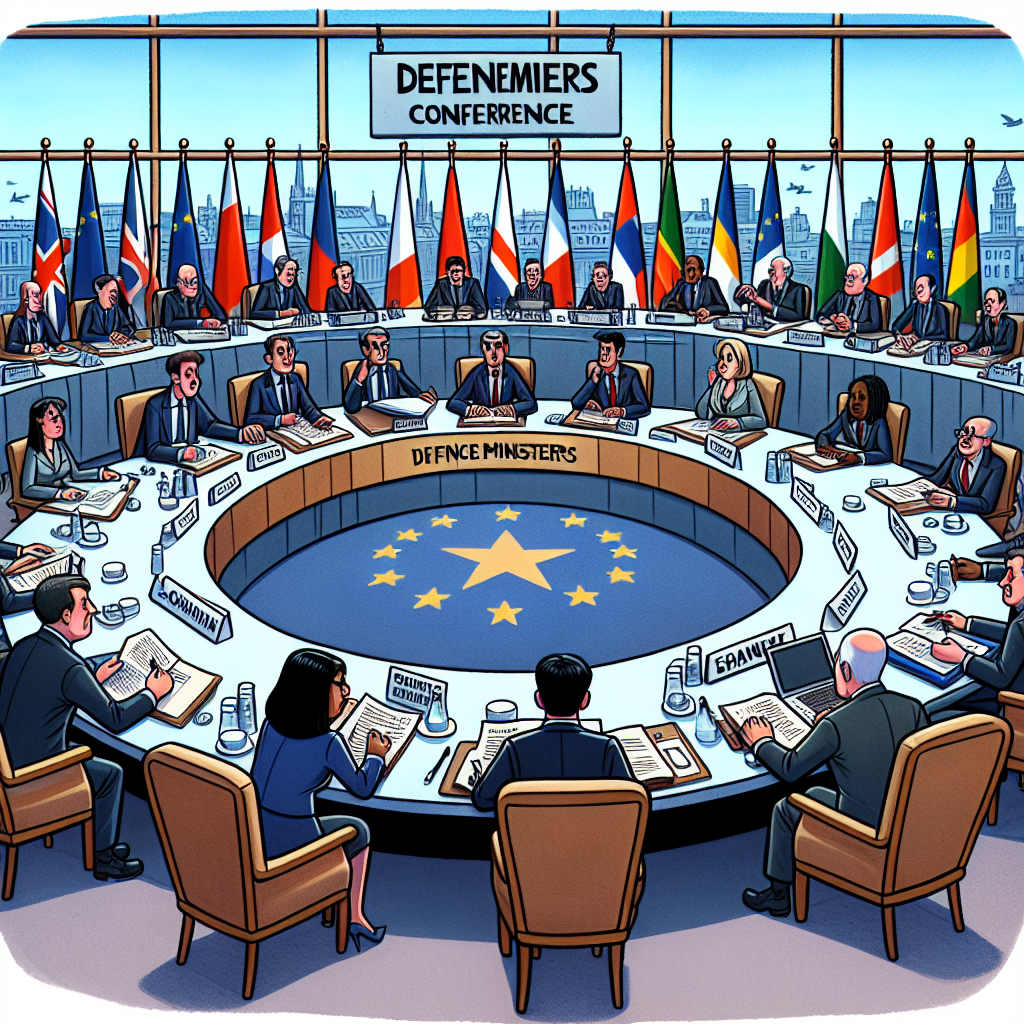EU Opens Membership Talks with Ukraine Amid War: A Path to Western Integration
The European Union will commence membership talks with Ukraine, offering the country a significant political boost amid its conflict with Russia. The talks symbolize Ukraine's move away from Russian influence and its journey towards Western integration. Despite the ceremonial start, the path to EU membership remains long and challenging.

The European Union will open membership talks with Ukraine on Tuesday, giving the country a political boost in the midst of its war against Russia's invasion, although a long and tough road still lies ahead before it could join the bloc.
The ceremony in Luxembourg will be more about symbolism than the nitty-gritty of negotiations, which will start in earnest only after the EU has screened reams of Ukrainian legislation to assess all the reforms needed to meet the bloc's standards. But by marking the start of talks with Ukraine, and with its neighbour Moldova later in the day, the EU is signalling that both countries are on a path away from Russian influence and towards greater integration with the West.
The moment will be poignant for many Ukrainians, who trace their current conflict with Moscow back to the Maidan uprising of 2014, when protesters toppled a pro-Russian president who reneged on a pledge to develop closer ties with the EU. Ihor Zhovkva, foreign policy adviser to President Volodymyr Zelenskiy, said it would give Ukrainians' morale a big lift.
"It is very important," he told Reuters in an interview in Kyiv. "The path to full-fledged membership, which Ukraine deserves ... is irreversible." Deputy Prime Minister Olga Stefanishyna will lead the Ukrainian delegation at the event, known in EU jargon as an Accession Conference. It is due to begin around 3:30 p.m. (1330 GMT).
Belgian Foreign Minister Hadja Lahbib will speak for the EU as Belgium holds the bloc's main rotating presidency. ARDUOUS JOURNEY
The journey to EU membership is arduous for candidate countries, as they must reform to meet EU standards on a wide range of issues, from fighting corruption through regulating agriculture to harmonising customs rules. But the war adds a huge extra layer of challenges for both Kyiv and Brussels, raising questions that neither wants to answer at the moment - such as whether Ukraine could join if part of its territory was still occupied by Russian forces.
The prospect of Moldovan membership poses similar questions, albeit on a smaller scale, as Russian soldiers are stationed in its breakaway Transdniestria region. The two countries will have to navigate not just technical and legal obstacles to membership but also political hurdles.
Candidate countries need approval from all 27 EU members to open and close each step of membership negotiations, giving EU governments numerous opportunities to hold up the process. Hungary - which maintains closer ties to Russia than other EU members and does not give arms to Kyiv - held up the start of the talks, citing concerns about the rights and treatment of ethnic Hungarians in Ukraine, according to diplomats.
Enlarging the EU to include Ukraine and Moldova - and other hopefuls such as Western Balkan countries and Georgia - would need a radical overhaul of EU rules on everything from farm and economic development subsidies to decision-making, analysts say. (Additional reporting by Tom Balmforth in Kyiv Editing by Tomasz Janowski)
(This story has not been edited by Devdiscourse staff and is auto-generated from a syndicated feed.)
ALSO READ
Drone Strikes Ignite Fires at Russian Oil Refinery
Tensions Flare: Missiles and Drones Target Russian Industrial Sites
Unveiled Alliance: North Korean Troops Face Heavy Losses in Russia
Escalating Tensions: Airstrikes and Missiles in Middle East Conflict
Massive Drone Offensive Thwarted by Russian Air Defenses










